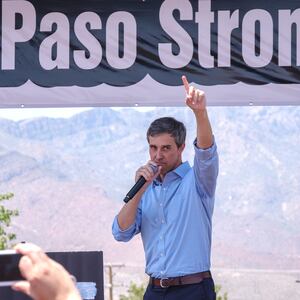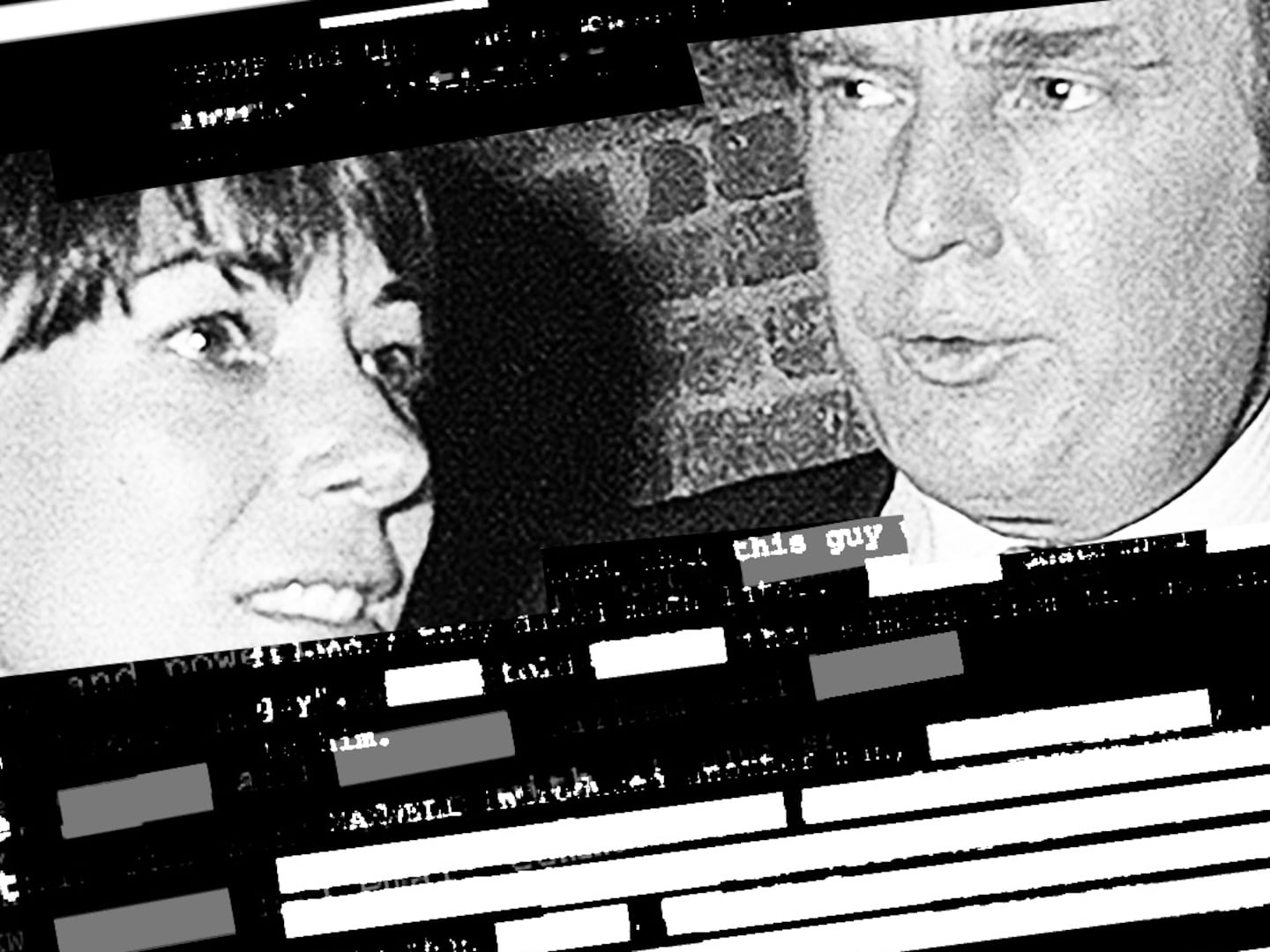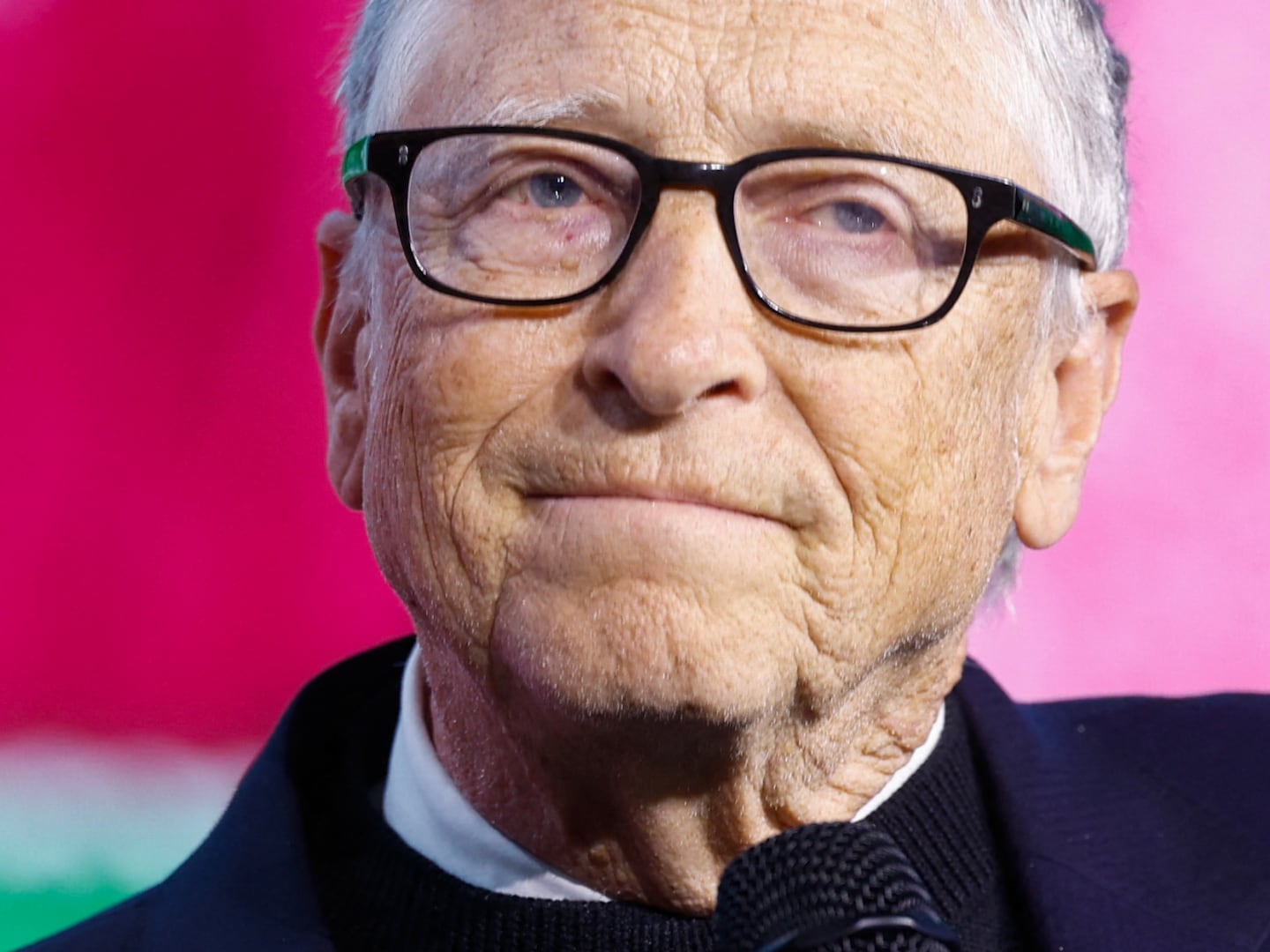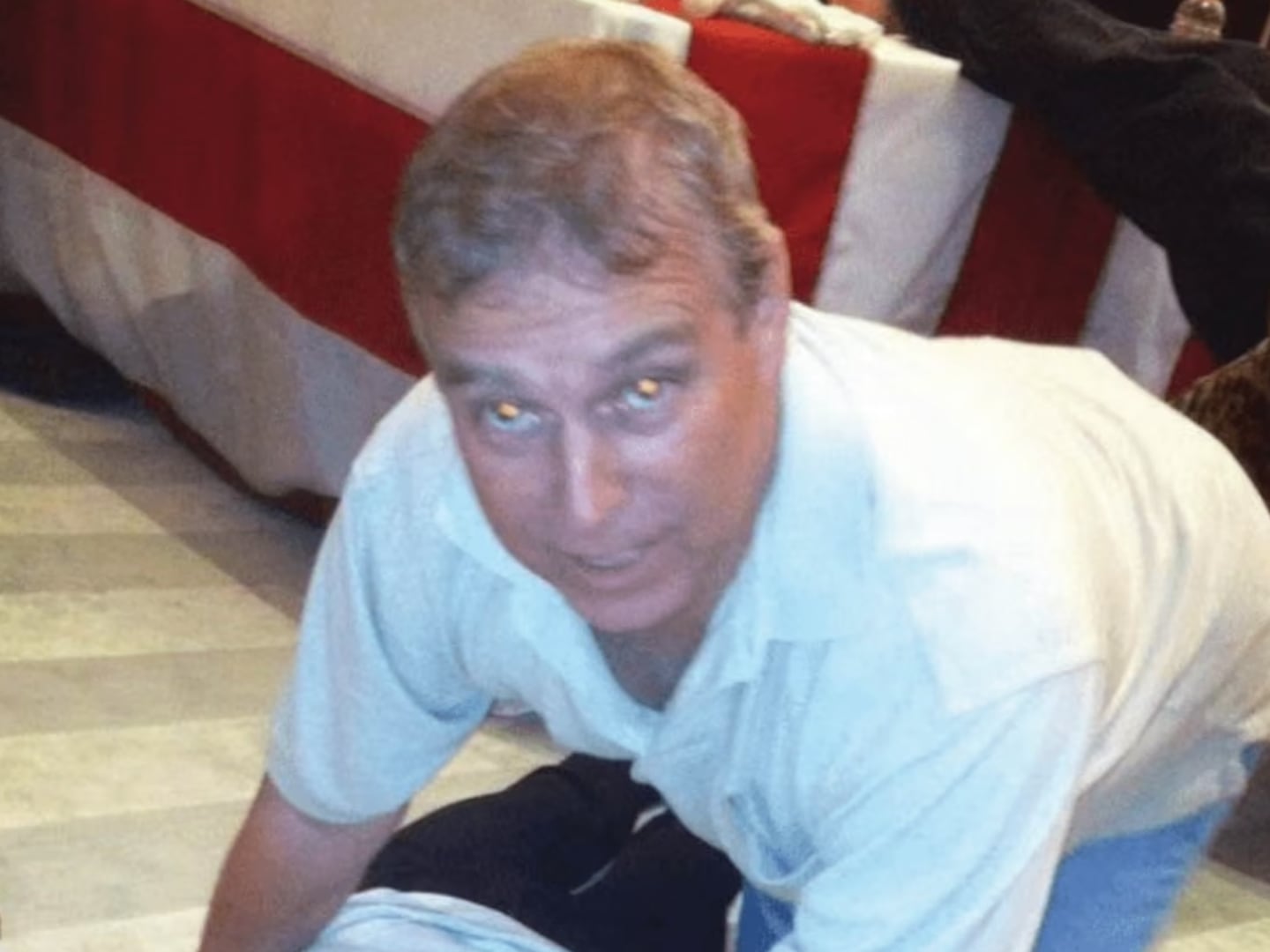You can know something is coming—Beto O'Rourke was scarcely at 2 percent in the polls, money so short he was traveling by Bolt Bus—yet still feel a shock.
Just before Friday’s Liberty & Justice dinner, Iowa’s largest political event and the place where Sen. Barack Obama lit his 2008 campaign on fire, Beto sent his regrets. He ended his presidential campaign before the first course was served.
Unlike the others who’ve quit, O'Rourke had been a supernova after almost beating Sen. Ted Cruz in Texas, with intimations he could go on to greatness.
He started strong: huge crowds, record fundraising, high energy like his fellow skateboarders at Whataburger. He had appeal to suburban moms, independents who’d strayed to Trump, Generations X, Y, and Z and Obama bros. After a boffo beginning, the singular sensation in Texas was now one of 20, and seemed to shrink amid the crowd, a restless kid among the adults at the debates, with ordinary, center-left positions, a dreamer next to the planners who came with bullet points. His poll numbers slipped, and then his fundraising, and then came El Paso and something in him died when 22 of his neighbors were killed at a Walmart in his hometown. Over two weeks, he brought his best qualities to the worst situation imaginable.
When he returned, it could have been a fresh start but he was angry. Unwilling to suffer the usual tropes of campaigning, he went freestyle, arguing with folks who showed up at coffee shops as if he’d gone there solely for a cup of coffee and not to talk to them, spewing R-rated rants against Trump, and upping what had already been an inordinately high number of f-bombs. He wore on the outside what he knew on the inside, the limits of what one man can do to stop innocents shopping for back-to-school pencil cases from slaughter. It showed and after his “hell yes” vow to take away people’s assault rifles—not an unreasonable feeling from someone who’d seen what he had but one only a dying candidate would make in the America of 2019, however big the majority in favor of background checks. It was clear he’d all but checked out.
He was too raw to be out in public, in much the same way he was when he embarked on 2020 so close to his wounding 2018 loss, which he now admits. It’s hard to imagine what it’s like after flat-out campaigning for months on end where everything comes down to just one day and whether it rains or not, and if you spread your staff evenly over the 254 Texas counties you visited, or for whatever random reason you fell 215,000 votes short ouf of over 4 million cast. When you wake up the next day, it’s so quiet you could be dead.
The 2020 buzz about him was loud and instead of resting his arm like a pitcher, he went on a listening tour where he did most of the talking—asking random people what’s it all about. It seemed that the only moment we saw him when he wasn’t jabbering was when he was having his gums scraped. It was a lot to overcome and O’Rourke did it publicly, looking for himself in all the wrong places. He rushed to judgement about what he should do next, forsaking regional theater for Broadway, and the El Paso Times for Vanity Fair where he blurted out “he was born to be in it.” He got all the attention in the world, but not all the kind he wanted.
That's not to diminish the year when a lowly congressman with tennis shoes and a Kennedy smile came close to working a Texas Miracle. Jumping on tables, jabbing the air, he became the vessel for the Trump resistance: money poured in, Beto bumper stickers showed up on cars as far away as New York; LeBron and Beyoncé sported Beto hats. With no PAC money, no pollsters, no slick consultants sticking their finger to the wind to see which way the wind was blowing, he made such a name for himself my iPhone stopped auto-correcting Beto to “but.”
But after entering the presidential race with a boom, Beto left with a whimper, posting his decision on Medium on a Friday afternoon.
It remains to be seen if his exit helps Sen. Michael Bennet who’s had a hard time catching on deprived of a spot in the debates or Minnesota’s Sen. Amy Klobuchar, a moderate who may have the room to tout that she scored a 24-point victory in a state Trump nearly won.
Most likely to benefit may be Mayor Pete, who’s moving up in the polls, a younger Beto who has the additional gift of speaking in complete paragraphs (and in multiple languages) but who could also do with some seasoning and a few more accomplishments than he’s amassed as mayor of South Bend (population 100,000, 10 percent of whom voted in the last election there).
Whatever pixie dust moves from Beto to Buttigieg, and whatever the latter spends to rise in the Iowa polls won’t be enough to save Mayor Pete from a looming poor showing in South Carolina that may well remind Democrats who didn’t already know it that they can’t win without the African-American vote.
Both Beto and Buttigieg could meet as supernovas in another year when Democrats can take a flyer as they did with the rookie Obama in a simpler time in a galaxy far far away, when hope and change seemed possible. There’s no room for hope in 2020, only a desperate need for change to rid the White House of the most dangerous president the country has ever had.
Beto wasn’t going to be that person this time around. Trump called him a poor bastard who quit like a dog, invoking either the whimpering Baghdadi who died like one, or Conan, the Belgian Malinois who sniffed Baghdadi out and is now memorialized with a photo-shopped Medal of Honor around his neck? Doubtless, the nastier one.
Long after that jibe is forgotten, along with most of this campaign of so many candidates and so many unmemorable debates, we will remember 2018, when O’Rourke won more votes than any Democrat in Lone Star history. He will always have Texas, and now, so will we.







